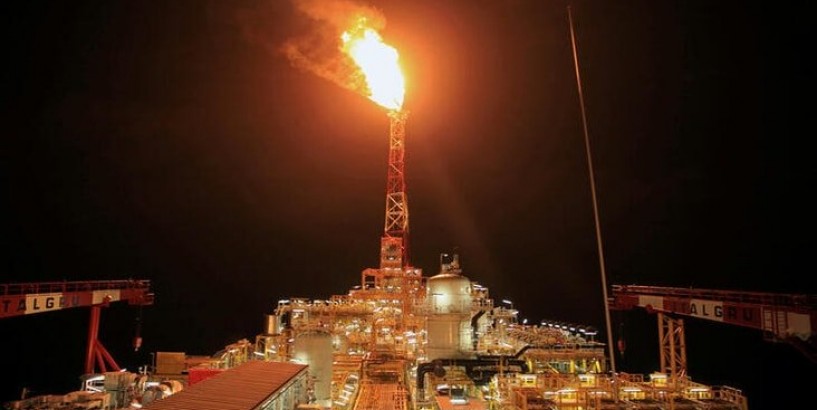This month, Angola reduced the number of oil cargoes being sent to China to pay its debts, and also said that it has sought debt relief from the G20. Oil-backed loans account for roughly two-fifths of Angola’s external debt, and most of its obligations to China.
Luanda and Beijing “ both have good cause to shift away from the current model ” of oil being used for debt servicing, says Nick Branson, senior Africa analyst at Verisk Maplecroft in London.
READ MORE Angola is collateral damage of coronavirus hit on oil, China
Since entering an IMF programme in December 2018, Angola has come under growing pressure from the fund to clear its collateralised debts, says Branson.
The article continues below
Verisk Maplecroft expects Luanda to offer Beijing increased equity stakes in the six oil fields where Angolan and Chinese oil companies are partnered under the banner of Sonangol Sinopec International (SSI).
This would be in place of ongoing crude cargoes and would fit in with Sinopec’s strategy of investing in high-quality producing assets, Branson says. Verisk expects Sinopec to acquire part of Sonangol’s stake in Total’s Block 32 or Eni’s Block 15/06. Branson predicts that the regulator, Angola’s National Oil, Natural Gas and Biofuels Agency (ANPG) will offer Sinopec preferential treatment in discovered resource opportunities, such as marginal fields, where fiscal terms are attractive at lower crude prices, and undeveloped acreage held by dormant indigenous companies. “This would be a far more attractive opportunity than the onshore blocks that ANPG plans to offer as part of its 2020 licensing round,” he says. G20 Debt negotiations with Beijing have already started and it’s “really essential” for Angola to secure some form of relief, says Thea Fourie, senior economist for sub-Saharan Africa at IHS Markit in Centurion, South Africa.
READ MORE Coronavirus: how China plans to restore its image in Africa
She notes that Angola in 2015–16 renegotiated bilateral loans from China and Brazil to reduce repayments. Despite a partial rebound, oil remains well below the $55 per barrel assumed in the original 2020 national budget. At current levels, Fourie says, sizeable fiscal adjustments including government spending cuts and additional financing for a wider fiscal deficit will be needed. Juvelino Domingos, an economist at Banco Angolano de Investimentos in Luanda, expects Angola will be able to secure debt relief from both China and the G20 if needed.
“China is still committed to support Angola and willing to absorb some risks with roll-over of debt and, in an extreme scenario, to forgive some,” he says. “The decision of the G20 may not be to the desired extent, but it may add value to the set of efforts that the executive has been implementing.” The chances of not getting G20 relief are “remote”, he says. Angola can make a virtue out of necessity by reducing the losses incurred by state-owned enterprises , Domingos says. “This can be achieved through accelerating the privatization process, divesting non-productive assets and limiting the recapitalization of these companies to well-defined restructuring plans.”
Bottom line: Angola is in a strong position to get debt relief, but need to use it to rationalise its state-owned enterprises.









